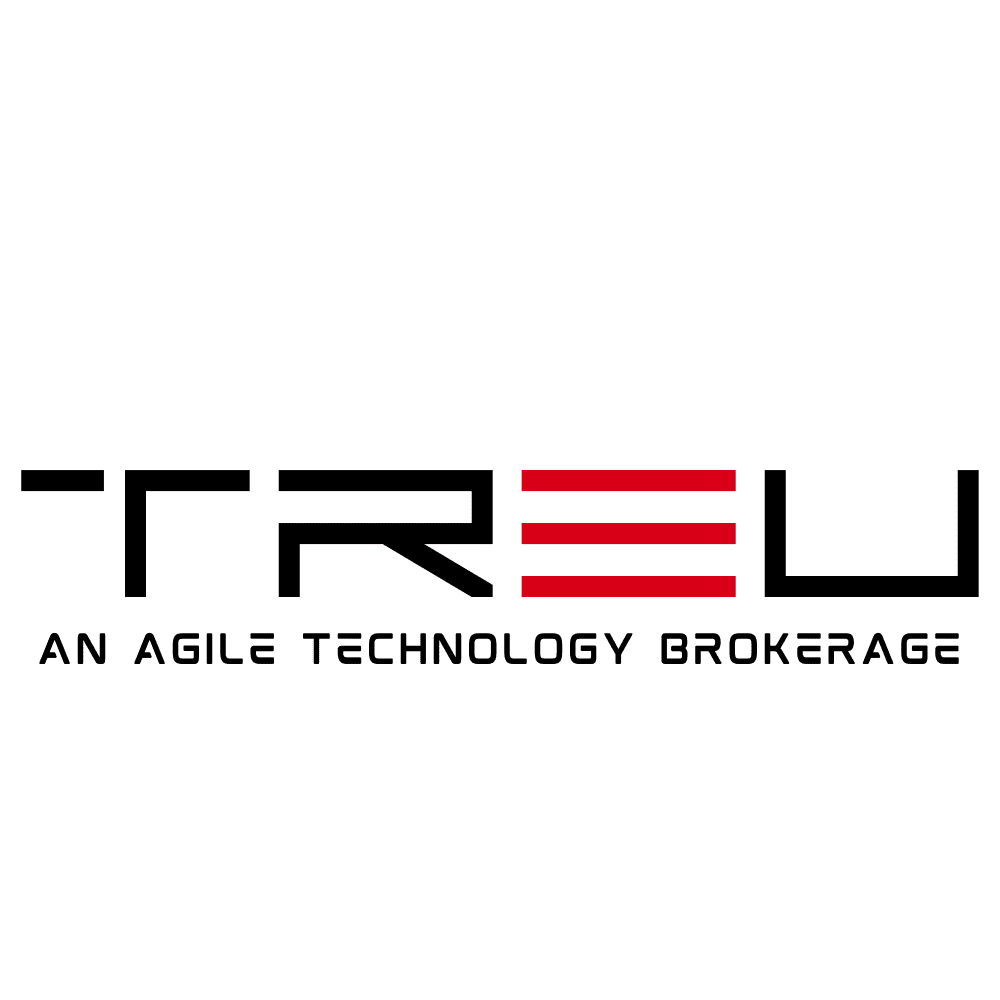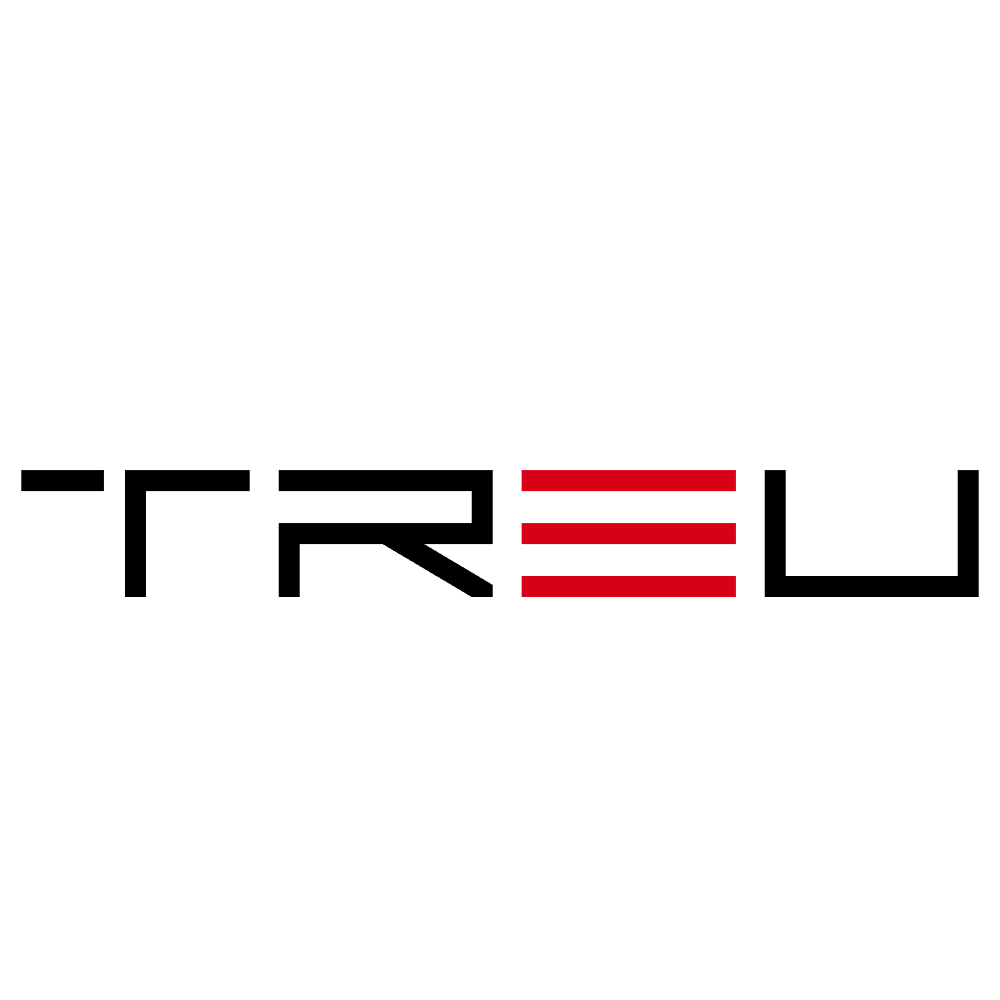Top Strategic Technology Trends Shaping Industries in 2025
As industries across the globe continue to undergo an extraordinary transformation, emerging technologies are playing a pivotal role in driving innovation, efficiency, and resilience. In 2025, businesses are expected to adopt a range of cutting-edge technologies that will redefine how they operate, interact with customers, and create value. Here, we dive into the top strategic technology trends that are set to reshape industries and unlock unprecedented opportunities in the near future.
1. Artificial Intelligence (AI) and Machine Learning (ML) Revolutionizing Decision Making
Artificial Intelligence and Machine Learning are no longer futuristic buzzwords—they’re essential tools that are already transforming industries. In 2025, their impact will expand significantly, enabling smarter decision-making and automation on an unprecedented scale.
- Hyper-Personalization: Businesses will leverage AI to create tailored customer experiences, from personalized product recommendations to dynamic pricing strategies.
- Predictive Insights: AI-powered analytics will help industries uncover trends, predict customer behavior, and optimize operations.
- Human-Machine Collaboration: AI will augment human capabilities, aiding professionals in industries like healthcare, finance, and manufacturing.
As organizations continue to integrate AI and ML into their processes, they will achieve greater efficiency and scalability, making these technologies a cornerstone of industrial evolution.
2. Metaverse and Immersive Technologies Enhancing Connectivity
The emergence of the metaverse and immersive technologies such as augmented reality (AR) and virtual reality (VR) is on the horizon. In 2025, the metaverse will serve as a collaborative and immersive space for businesses to interact with stakeholders, design products, and deliver services.
- Virtual Workspaces: The metaverse will redefine remote work by creating virtual office environments, fostering collaboration, and enhancing productivity.
- Customer Engagement: Companies will use AR and VR to deliver unique brand experiences, virtual shopping, and product visualization tools.
- Training and Simulation: From employee onboarding to technical skill training, immersive technologies will make learning more engaging and effective.
The metaverse will serve as a platform for innovation, blurring boundaries between physical and digital realms and creating new avenues for business growth.
3. Sustainability-Driven Technologies for Environmental Impact
With sustainability taking center stage, businesses are incorporating green technologies to minimize environmental impact and meet regulatory standards. In 2025, sustainability-driven innovations will be a major driver of industrial transformation.
- Energy Efficiency: IoT and AI will drive smarter energy management, reducing carbon footprints in industries like manufacturing and logistics.
- Circular Economy: Technologies like blockchain will help track resources and waste, promoting reuse and recycling.
- Clean Energy Innovations: Advances in renewable energy technologies, such as solar and wind, will continue to disrupt traditional energy consumption models.
By embracing sustainability, businesses will not only comply with global environmental goals but also gain a competitive edge among eco-conscious consumers.
4. Quantum Computing Transforming Problem-Solving
Quantum computing is set to disrupt industries by solving complex problems that traditional computers cannot tackle. While still in its nascent stage, this technology is expected to gain momentum in 2025, unlocking transformative possibilities across multiple sectors.
- Drug Discovery: Pharmaceutical companies will accelerate the development of new drugs and treatments using quantum-powered simulations.
- Supply Chain Optimization: Quantum computing will optimize logistics, reducing inefficiencies and costs in global supply chains.
- Cybersecurity: Quantum technology will provide unparalleled encryption methods, safeguarding sensitive data and critical systems.
As quantum computing matures, industries will achieve breakthroughs that were once thought to be unattainable, driving innovation to unprecedented heights.
5. Autonomous Systems and Robotics for Operational Efficiency
Autonomous systems, including drones, robots, and self-driving vehicles, are becoming integral to industrial operations. In 2025, these systems will enhance productivity, reduce costs, and tackle labor shortages in various sectors.
- Autonomous Vehicles: From logistics to public transportation, autonomous vehicles will revolutionize mobility and reduce human error.
- Industrial Robotics: Robots will assume complex tasks in warehouses, production lines, and healthcare facilities.
- Agricultural Automation: Drones and AI-enabled machines will improve crop monitoring, soil analysis, and harvesting efficiency.
With advancements in sensors, AI, and engineering, autonomous systems will become an essential part of the global industrial landscape.
6. Cybersecurity Mesh for Robust Digital Protection
As digital transformation accelerates, the need for advanced cybersecurity measures has never been more critical. In 2025, the cybersecurity mesh—a strategy focused on securing distributed networks—will emerge as a game-changer.
- Decentralized Security: Cybersecurity mesh will protect assets located in diverse environments, offering flexibility in securing remote workflows and cloud-based systems.
- Zero Trust Architecture: Businesses will adopt a “never trust, always verify” security model to mitigate the risks of cyberattacks.
- Real-Time Threat Detection: AI-powered cybersecurity tools will identify and respond to threats faster than ever.
By prioritizing robust digital protection, organizations will safeguard their data, intellectual property, and reputation in an increasingly interconnected world.
7. Democratization of Technology Empowering Businesses
The democratization of technology aims to make cutting-edge tools and services accessible to all businesses, regardless of size or budget. In 2025, no-code and low-code platforms will empower organizations to innovate without requiring extensive technical expertise.
- No-Code Development: Entrepreneurs and small businesses will use no-code platforms to build software solutions and apps without hiring developers.
- Access to AI and Big Data: Cloud-based AI and analytics platforms will enable smaller players to harness the power of data-driven insights.
- Affordable Innovation: Scalable, pay-as-you-go technology solutions will lower the entry barriers for startups and SMEs.
This technological inclusivity will level the playing field, driving competition and innovation across various industries.
Conclusion
The next few years are poised to be a transformative period for industries worldwide as emerging technologies continue to push the boundaries of what’s possible. From the metaverse to quantum computing and sustainable innovations, these strategic trends are set to redefine business strategies, customer experiences, and operational models. By staying ahead of these trends and adopting a forward-thinking approach, organizations can secure their position as leaders in an ever-evolving digital landscape. The future is not just about adapting to change—it’s about driving it.

